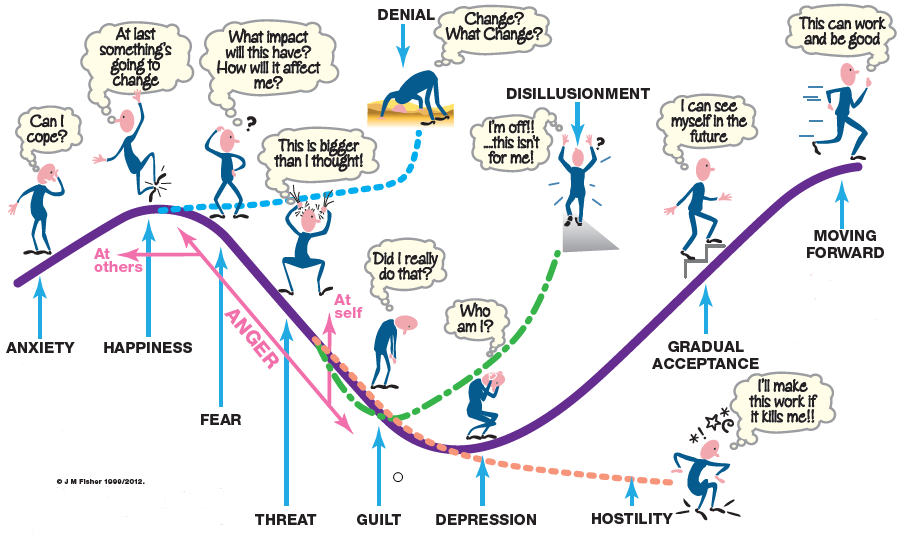On 13th February I will be presenting at this conference, below is the abstract and the online poster.
An accessible version of poster is available here.
Conference Abstract
Title
Unlocking Digital Scholarship for NCT Tutors
Introduction:
NCT (formerly The National Childbirth Trust) is the UK’s largest parenting charity working since 1956 to educate and support parents on their early parenting journey. NCT Practitioners (NCTP) are experts in adult education theory through experience and trained to foundation degree level through the only university-accredited qualification in parenting education (NCT, 2020). Their subject is birth and parenting but their skills and knowledge are rooted firmly in adult and higher education. NCT tutors are experienced NCTPs who have taken higher qualifications in order to train NCTPs in partnership with University of Worcester (UW).
This project focuses on encouraging NCT tutors to share their expertise outside of NCT and University of Worcester circles by increasing their digital and networked scholarship.
Digital Scholarship builds on the tenets of Boyer’s (2016) scholarly activities (Stewart, 2015), using technology to demonstrate specialism in a field (Weller, 2011). Social networks play a key role in encouraging this Networked Participatory Scholarship (NPS) (Veletsianos and Kimmons, 2012; Donelan, 2016) so supporting the creation of these networks will promote Open and Digital Scholarship.
NCTPs and NCT tutors work in an OP way internally, sharing resources and skills between themselves but have few resources to enable them to work in a more globally networked manner. Open Access Publishing (OAP) facilitates the dissemination of knowledge openly by enabling access to articles and papers freely and across networks and is increasing year on year (Piwowar et al., 2018). OAP offers opportunities for NCT tutors to share their wealth of knowledge further, and for little or no monetary cost. However, NCT tutors identified that they lacked the knowledge or the space online to openly publish articles (Kelly, 2019).
Methodology:
Donelan (2016) suggests that practical training, including the modelling of best practice can increase participation in digital scholarly activities (p13) so a two-pronged approach was taken in this project.
A short multi-media workshop identifying some simple steps NCT tutors can take to be more networked and open will be produced.
Alongside this, and to model the encouraged behaviour, a blog publicised through social media platforms was written regularly. A basic web repository was created, on the same site as the blog, for articles to be uploaded and published openly following OAP principles (Costello, 2019).
Conclusions:
At the end of my workshop NCT tutors will be able to engage with networked or digital scholarship more confidently.
The presentation at the Online conference, will look at progress and success to date, identify obstacles encountered and highlight any future adaptations planned for the project.
It is hoped that the project will prove inspirational for NCT tutors and lead to further open and networked projects.
References
Boyer, E. L. et al. (2016) Scholarship reconsidered : priorities of the professoriate. 2nd ed. [E-book]
Costello, E. (2019) Bronze, free, or fourrée: an open access commentary. Science Editing, 6 (1). pp. 69-72. ISSN 2288-8063 [Online] Available from: http://doras.dcu.ie/23048/1/bronze%20access%20open%20access%20free_ocr.pdf (Accessed on 3rd November 2019)
Donelan, H. (2016) Social media for professional development and networking opportunities in academia, Journal of Further and Higher Education. Routledge, 40(5), pp. 706–729. Available from: https://www-tandfonline-com.libezproxy.open.ac.uk/doi/full/10.1080/0309877X.2015.1014321 (Accessed on 30th December 2019)
Kelly, K. (2019) Conversation with Helen Darlaston. 30th November 2019.
NCT (2020) NCT Training. Available from https://www.nct.org.uk/get-involved/nct-training (Accessed on 2nd January 2020)
Stewart, B. E. (2015) In Abundance: Networked Participatory Practices as Scholarship, International Review of Research in Open and Distributed Learning. Athabasca University Press (AU Press), 16(3), pp. 318–340. Available from: http://www.irrodl.org/index.php/irrodl/article/view/2158 (Accessed on 30th December 2019)
Veletsianos, G. and Kimmons, R. (2012) ‘Networked Participatory Scholarship: Emergent techno-cultural pressures toward open and digital scholarship in online networks’, Computers & Education. Elsevier Ltd, 58(2), pp. 766–774. Available from: https://www-sciencedirect-com.libezproxy.open.ac.uk/science/article/pii/S0360131511002454 (Accessed on 2nd January 2020)
Weller, M. (2011) The Digital Scholar: how technology is transforming scholarly practice. London, Bloomsbury Academic [E-book]





